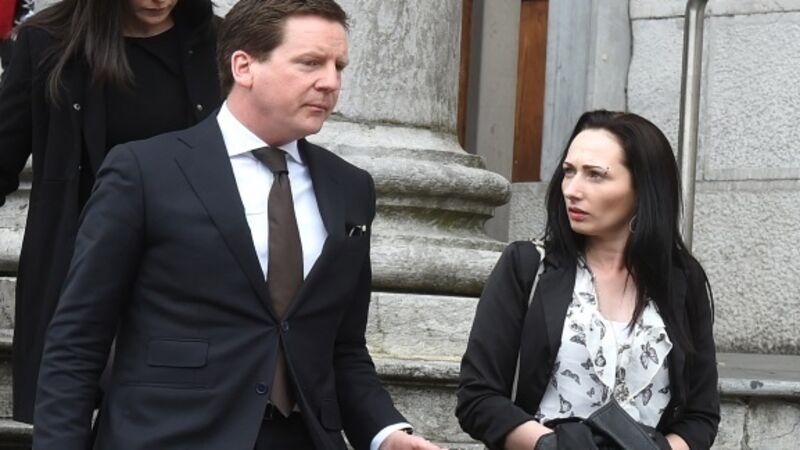Partner of brain bleed victim fears patients are still at risk

Gwen Bradley, who withdrew co-operation from the second day of the inquest at Cork City Coroner’s Court into the death of Evan Morrissey, expressed bitter disappointment with the outcome after a jury returned a narrative verdict.
The 28-year-old father-of-five from near Clonmel in Co Tipperary died in Cork University Hospital (CUH) on March 22, 2014, just days after his fourth presentation at South Tipperary General Hospital between March 2 and March 18 where he complained of severe headaches, vomiting, neck pain and photophobia.













